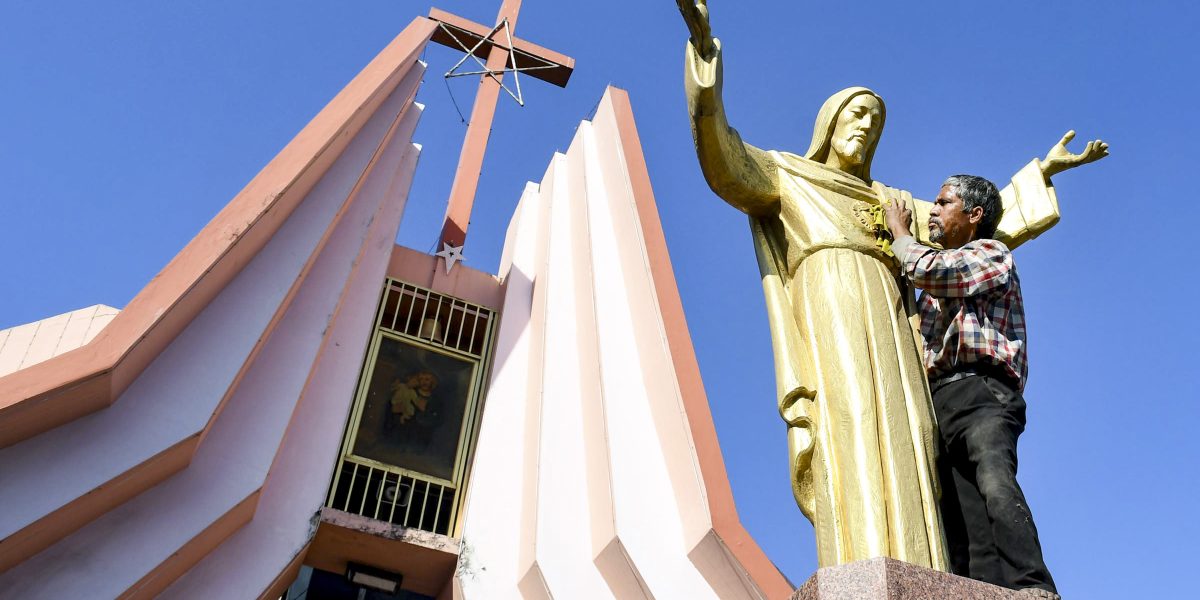On Aug. 5, Modi revoked the autonomy of India’s lone Muslim-majority state — Jammu and Kashmir. Half a million Indian security forces then brutally quashed demonstrations and locked up local leaders. The Internet and telephone service were cut off, and media prohibited from visiting, to keep the world from learning what was happening.
In the state of Assam, next door to Bangladesh, Modi is moving to strip 2 million Muslims of their Indian citizenship on the dubious grounds that they are undocumented immigrants. The state government in Assam is now building vast detention camps to hold thousands of people who are likely to be deported. This could be a prelude to stripping citizenship — and the vote — from millions of Muslims elsewhere in India.
The judiciary, in India as elsewhere, has traditionally been a bulwark of liberty, but BJP partisans increasingly dominate the courts. India’s Supreme Court just ruled that a massive Hindu temple could be built in the town of Ayodhya on the site of a sixteenth-century mosque that was razed by Hindu fanatics in 1992. This has long been a cherished project of Hindu nationalists such as Modi who are determined to transform India from a secular democracy into a Hindu theocracy.
One of Modi’s most eloquent critics has been Aatish Taseer, a writer who was born in Britain (whose citizenship he still holds), grew up in India and now lives in the United States. In May, he wrote an essay in Time magazine headlined: “Can the World’s Largest Democracy Endure Another Five Years of a Modi Government?” As if to prove Taseer’s concerns correct, the government just stripped him of his Overseas Citizenship of India card — the closest that that country has to dual nationality.
The Indian government has accused Taseer of fraud for not declaring that his father was a Pakistani citizen. But he tells me that no such declaration was necessary when his single mother, a well-known Indian journalist who gave birth to him out of wedlock, filled out the form in 2000. In any case, he has not made any secret of his parentage — he has written many essays and books about his father, a Pakistani politician with whom he had no contact until age 21 and who was assassinated in 2011.
With his Overseas Citizenship card revoked on grounds of fraud, Taseer now could be blacklisted from visiting his aging mother and grandmother in India, a country that he has always called his own. This allows the BJP government to write off his criticisms as those of a disgruntled Pakistani, even though he has never lived in Pakistan or been its citizen.
What is happening in India is profoundly disturbing, all the more so because it might serve as a template for how President Trump — an unabashed admirer of Modi who hosted the prime minister for a Houston rally in September — could further undermine our own democracy. With economic growth slowing and impeachment proceedings accelerating, appeals to nationalism, xenophobia and racism are Trump’s best bet to win a second term.
This story first appeared in The Washington Post on November 14, 2019 here.






